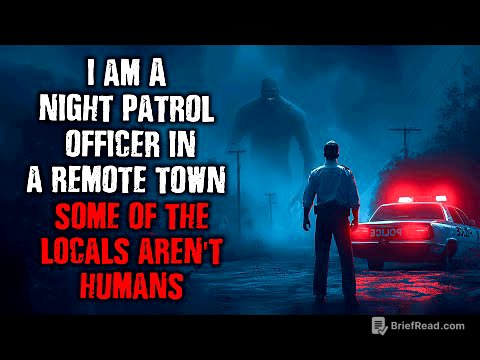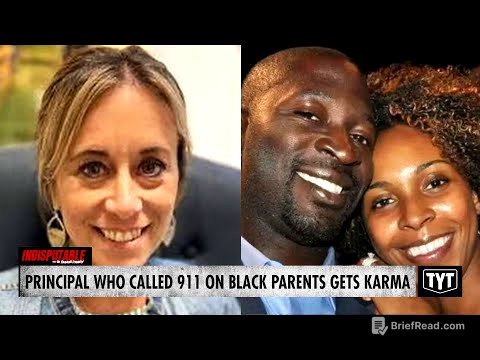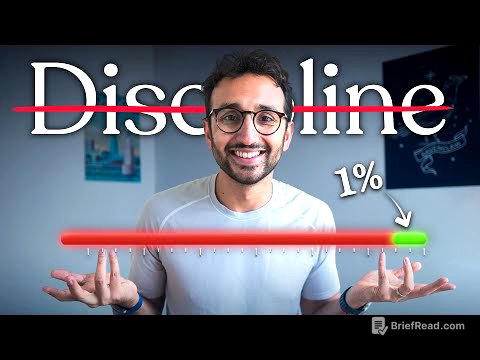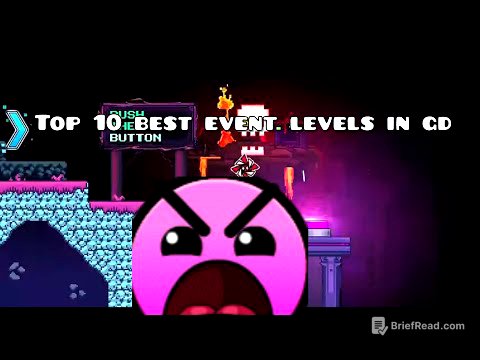TLDR;
The video defends the English version of "Digimon: The Movie," arguing that despite being a compilation of three separate Japanese short films with significant edits, it succeeded in entertaining its target audience and creating a unique identity through its music and localized content. The video addresses common criticisms, such as the alterations made to "Hurricane Touchdown," and provides counterarguments, highlighting the improvements and cohesive elements added by the American adaptation.
- The movie was a compilation of three separate Japanese short films.
- The American adaptation made significant edits, including music and plot changes.
- Despite criticisms, the movie was successful in entertaining its target audience.
Introduction [0:00]
The author reflects on their childhood love for "Digimon: The Movie" and their surprise upon discovering the controversy surrounding it among older fans. The controversy stems from the fact that the movie is a compilation of three unrelated Japanese short films. The author aims to defend the English version of the movie, arguing that it is a masterpiece.
Background of Digimon: The Movie [1:07]
Following the success of Pokémon movies, Fox aimed to capitalize on the Digimon franchise. However, there was no full-length Digimon movie available. Instead, Fox combined three shorter Japanese specials: "Digimon Adventure," "Our War Game," and "Digimon Hurricane Landing/Transcendental Evolution!! The Golden Digimentals." Jeff Nimoy, who oversaw the American localization, was tasked with editing these into a 90-minute film while creating a cohesive narrative.
Digimon Adventure Comparison [2:08]
The first part of the movie, based on the short film "Digimon Adventure," focuses on Tai and Kari's initial encounter with Digimon. The American dub adds narration by Kari to provide context for the Digimon and the Digidestined, which the original lacked. The dub also introduces Willis, who plays a significant role in the third part of the movie. The American version cuts a scene showing Tai and Kari's dad coming home drunk and some of the more violent stuff from the fight scene.
Our War Game Comparison [4:08]
"Our War Game" is the most faithful adaptation of the three shorts. The major differences include the inclusion of Willis and changes to the music. A subplot is added involving Tai's mom and her cooking, which provides comedic relief. The online virus Digimon is now discovered through Willis instead of a random friend. The virus heads to America to reach Willis and launch a nuke, which is a slight change from the original where it was to launch a nuke directly.
Music Changes [5:36]
The original film had a standard soundtrack, while "Digimon: The Movie" features ska and punk music from the late 90s and early 2000s. This music gives the movie a unique identity and a feeling straight out of the 2000s. During the climax of "Our War Game," the American version uses a pop-punk song, which gives it a youthful and energetic feeling, while the original uses an ominous choir.
Hurricane Landing/Touchdown Comparison [6:48]
"Hurricane Landing/Touchdown" was heavily edited and is considered the weakest part of the movie by most fans. Jeff Nimoy originally wanted to release it separately, but the idea was rejected. The dub explains that the virus from "Our War Game" infected Kokomon, which is a change from the original. The music is a significant upgrade, replacing the original's awkward country guitar and jazzy music with orchestral and punk music.
Cuts and Additions in Hurricane Landing [9:10]
The b-plot of the original Digidestined being kidnapped is cut from the American version. The dub reveals that Willis created the virus Digimon in "Our War Game," adding another layer to his character and tying the sections together. Willis's insistence on dealing with Wendigomon alone is attributed to his belief that he is responsible for everything that is happening.
Ending and Conclusion [11:18]
Both films have a rushed conclusion. The American version ends with the Digimon dancing to "All Star" by Smash Mouth. Despite the controversy, adding "Hurricane Touchdown" was a deserving end cap, as it was the first time Digimon action took place in America. The author concludes by stating that they loved "Digimon: The Movie" as a kid and still do today, and that the localization crew did a good job creating a convincing story from three different movies.






![Saturn and the Jews [Renaissance Astral Magic Documentary] [Bonus Scene]](https://wm-img.halpindev.com/p-briefread_c-10_b-10/urlb/aHR0cDovL2ltZy55b3V0dWJlLmNvbS92aS9RdWxWSzNsa1ZkSS9ocWRlZmF1bHQuanBn.jpg)


